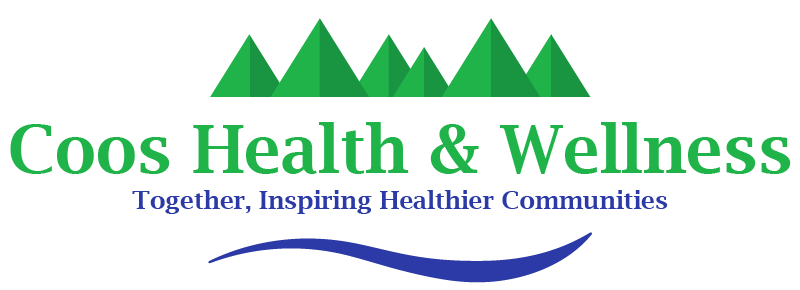Public Health Emergency Preparedness Program
County Emergencies
Disasters or emergencies happen somewhere every day—earthquakes, wild lands fires, severe storms, floods, disease outbreaks, etc.
Managing Emergencies
Police, firefighters, 9-1-1 dispatchers, and Emergency Medical Technicians manage emergencies on a daily basis. While less obvious, the Health Department and local healthcare providers routinely manage single cases or small outbreaks of illnesses like E-coli, Salmonella, or other reportable diseases. In 2009-2010, health and medical providers implemented their pandemic influenza plans due to the emergence of the H1N1 (swine) flu.
The Communicable Disease (CD) program and the Public Health Emergency Preparedness (PHEP) program, work closely with County Emergency Management to plan, train, and practice for all types of emergencies. Through mutual aid agreements we can ask for assistance from other counties, and by request, we can seek help from the state and federal government. While help is available, it is important that individuals are also prepared to help themselves to reduce the burden on our emergency services providers.
Personal Preparedness
Our local emergency response agencies cannot be everywhere at once if there is a large emergency. Individuals (families and neighborhoods) need to take responsibility to meet their own needs for at least 72 hours following any type of emergency event. 72 hours is about how long it is estimated until outside help can arrive and begin to assist. How will you manage for 72 hours (or longer) if there is no power, no heat, no immediate access to clean drinking water? These are the types of questions we each need to ask ourselves and then prepare for. The effort does not have to be overwhelming. Begin and gradually add to your emergency cache of supplies. There is a lot of good information and resources available to guide your preparations. Links include:
Department of Homeland Security: www.ready.gov/
American Red Cross: http://www.redcross.org/local/oregon
CAL FIRE: http://www.readyforwildfire.org/Defensible-Space/
Beyond Personal Preparedness
Once you (and your family) are prepared, or while preparing, go the next step and consider taking a First Aid or CPR class, American Red Cross Disaster Training, etc. Join a Search and Rescue Team or become a HAM Radio Operator. Give blood if you can or financially support agencies that provide emergency assistance. There are many opportunities to help.
Business Continuity Planning (BCP)
While large and small businesses support our nation’s and our county’s economy, many businesses are ill-prepared if disaster strikes. Start by asking yourself how well your business could operate if your plant, facility or store was structurally damaged? What if there was no power, no computer access, or limited staff available to work for awhile? What are the most critical tasks that need to be completed on a daily, weekly, or monthly basis? Who is trained (and cross-trained) to conduct critical tasks? There are resources available to assist businesses with emergency planning. Note that this type of planning is also commonly referred to as Continuity of Operations Planning or Disaster Recovery Planning. Links to get your business started, include:
Department of Homeland Security: https://www.dhs.gov/
U.S. or local Chamber of Commerce:
Bandon: https://www.bandon.com/
Coos Bay, North Bend: http://www.oregonsbayarea.org/
Coquille: http://www.coquillechamber.net/
Myrtle Point: http://mpchamberofcommerce.weebly.com/
U.S.Chamber of Commerce: www.uschamber.com/
For More Information:
State Public Health Preparedness: http://public.health.oregon.gov/Preparedness/Prepare/Pages/index.aspx
Contact the Coos Health and Wellness, Public Health Emergency Preparedness Program: 541-266-6717
